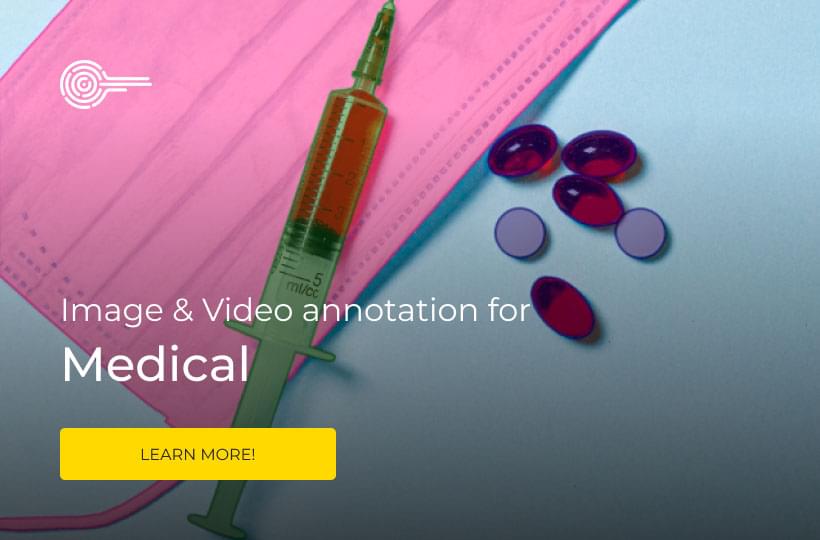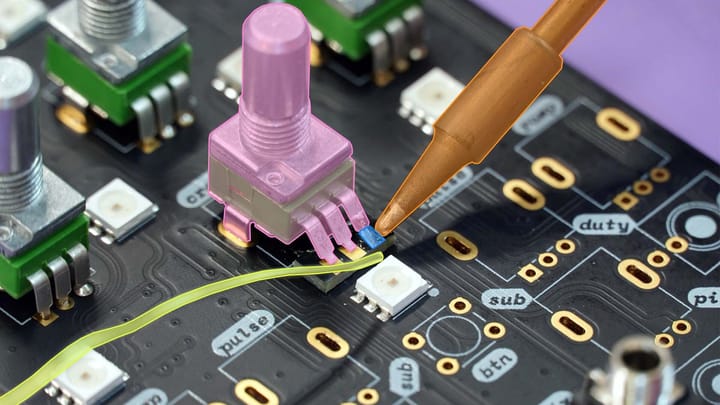Data Annotation Services and the New Generation of AI Surgery Applications

Medical practitioners and AI developers are beginning to bring AI into the world of patient care. Computer vision based AI models can help diagnose conditions, prevent illness and improve recovery. And increasingly AI applications are being developed to help surgeons and reduce surgical complications. AI systems can support skilled surgeons and reduce the likelihood of painful or life threatening issues post-surgery.
Medical experts have partnered with machine learning pioneers to create models that can give surgeons vital information and guidance. However, if they are to be widely used all medical AI applications need to be extremely reliable. As a result, developers are working with data annotation providers, like Keymakr, to create powerful AI training datasets.
Firstly, this blog will address why it is so important to reduce the rate of surgical complications. Secondly, we will look at how specific AI applications are helping surgeons. Thirdly, we will show how datasets are created for surgical AI models. And finally, we will identify the ways in which video or image annotation services can support innovation in this area.
Reducing surgical complications
Up 25 percent of people undergoing surgery will experience complications, according to the World Health Organization. And up to half of these complications can be directly attributed to errors made by surgeons. Complications can be as minor as soreness where the operation took place.
However, surgical errors can also lead to serious internal bleeding and even death. The skill and experience of surgeons can vary dramatically between countries and even from hospital to hospital. It is essential that knowledge is shared between surgeons so that rates of surgical complications can be reduced globally. AI can play an important part in this.

AI can assist surgeons
One example of how AI can help surgeons to avoid errors is a model developed for gallbladder surgery. Gallbladders often need to be removed so this surgery is extremely common. To do it surgeons create a keyhole incision, insert a camera and then cut away the organ.
An AI model can support surgeons by highlighting areas that are safe to cut. The computer vision system projects colors onto the image of the gallbladder shown in the operating theater monitor. Green areas are safe to cut, and red areas should be avoided. This technology helps by guiding surgeons and building on their own expertise.
Building a training dataset
AI models for applications like the one described above are made possible by annotated training data. Highly skilled and experienced surgeons look at thousands of images of gallbladders from past surgeries. They then use annotation tools to identify which parts of the image are safe areas to cut. Machine learning algorithms use this training data to learn about the gallbladder surgical procedure so that they can apply the same knowledge to new cases.

Data annotation services support medical innovations
Medical AI models rely on data annotation from skilled experts. However, it can be difficult for surgeons and AI developers to manage the annotation process whilst simultaneously refining their models. Keymakr has experience working with doctors and scientists to create effective training datasets.
- Security: Images of surgical procedures are sensitive and subject to privacy laws. Keymakr protects private data with VPNs, data expiration and encryption amongst other security measures.
- Finding expert verification: Keymakr has worked with certified medical experts to produce powerful training datasets for medical AI.
- Responsive and user friendly annotation tools: Keymakr’s proprietary annotation technology is easy for busy medics to use and links annotators with verifiers for additional accuracy.
Contact a team member to book your personalized demo today.



